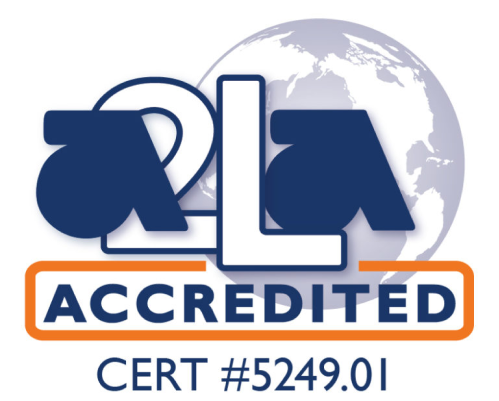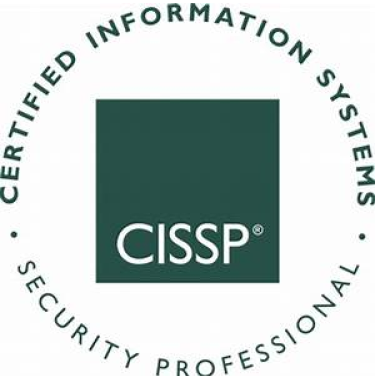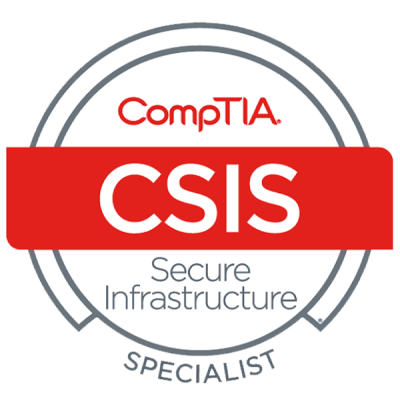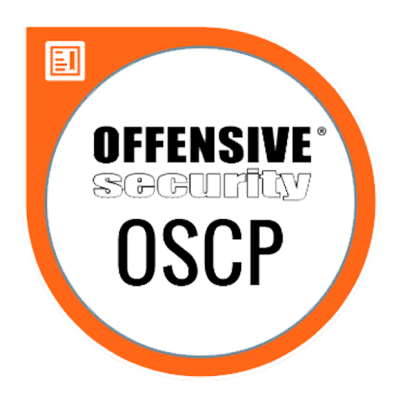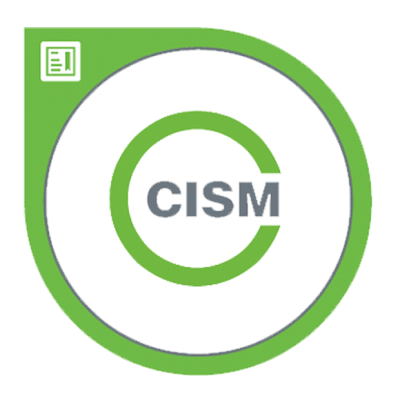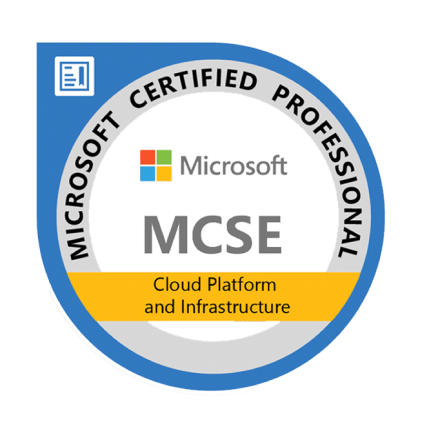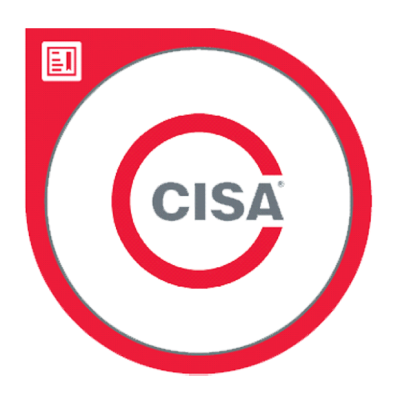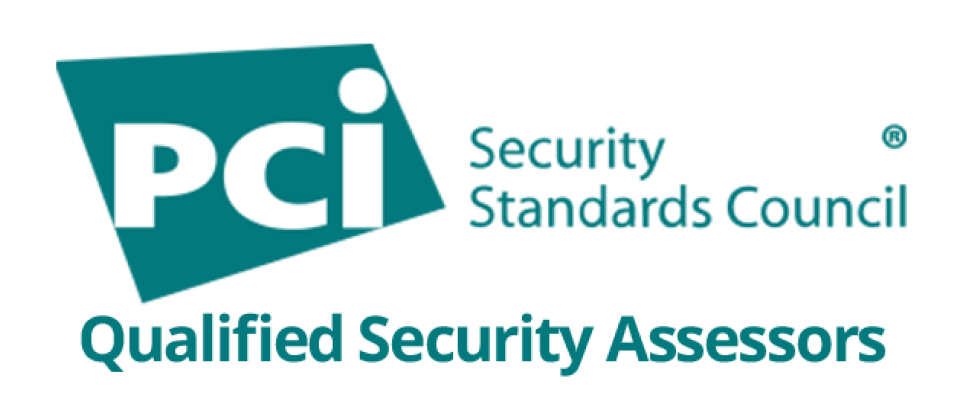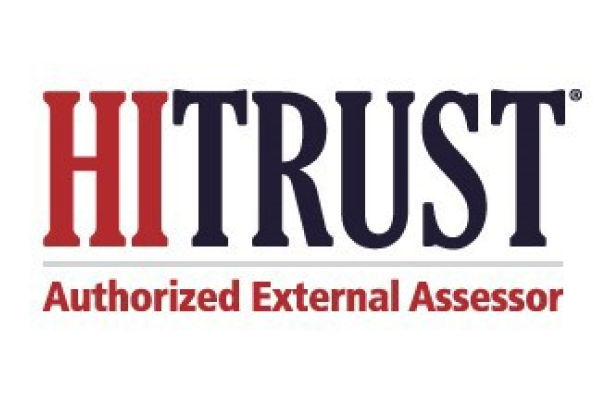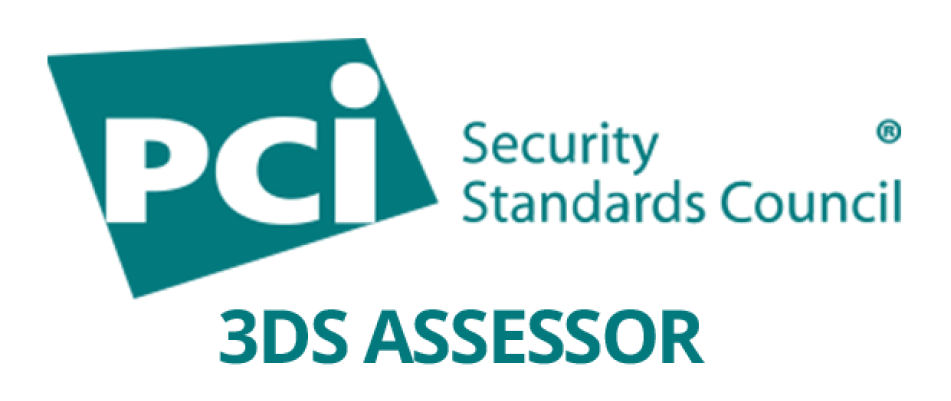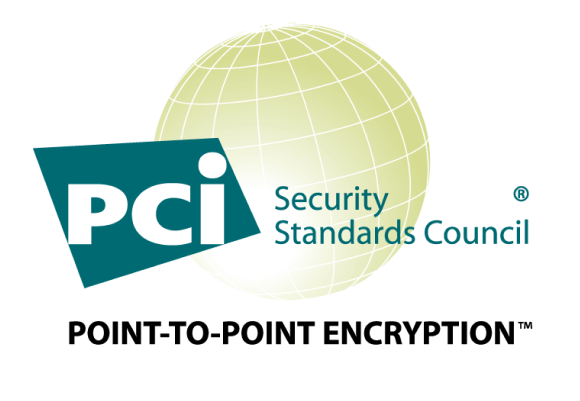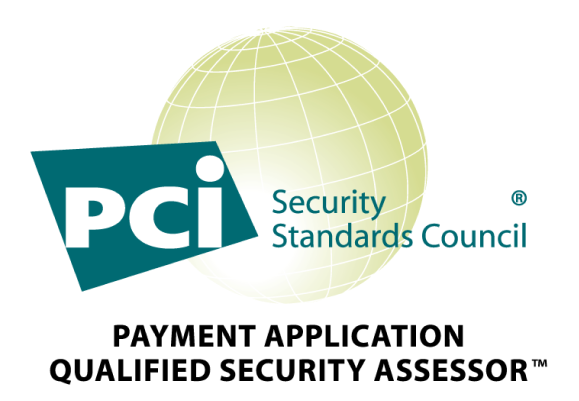HIPAA Security Assessment
A comprehensive HIPAA security assessment service designed to bring healthcare organization’s security program in line with the industry’s strict compliance requirements.

Ensure the Security of Sensitive Patient Data
The healthcare industry is a prime target for cyber threats and malicious activity. To safeguard patient data, the Health Insurance Portability and Accountability Act (HIPAA) mandates that organizations handling healthcare information adhere to strict security standards for managing Protected Health Information (PHI).
Our HIPAA Security assessment service supports your organization in complying with the HIPAA Security Standards by evaluating and mitigating risks, ensuring data integrity, and protecting the confidentiality and availability of ePHI. Our experts work closely with your team to assess your current security posture and develop a comprehensive roadmap to reduce ePHI exposure and strengthen your overall security framework.
HOW IT WORKS
The HIPAA Risk Assessment Process
MegaplanIT’s Assessment of Critical Cyber Assets follows the framework provided by NERC Standards CIP-002-4 through CIP-009-4. We’ll evaluate components against NERC Critical Infrastructure Protection and Cyber Security standards with the goal of identifying and rectifying issues to ensure the continued operation of the bulk power system.
1. Project Scope
Our Security specialist will schedule a series of calls to determine the in-scope environment and gather the necessary personnel and resources.
2. Validation of HIPAA Security Controls
MegaplanIT will test all systems and their respective controls against the HIPAA security compliance standards
3. Draft Reports and QA Process
We will draft a report highlighting any significant deficiencies or gaps uncovered during the testing phase.
4. Final HIPAA Report on Compliance
Post-assessment, our security team will provide you with a State of Readiness Report detailing identified risks and vulnerabilities, along with recommended measures for correcting any issues that violate HIPAA.
5. Trusted Advisory and Remediation
Throughout the process, your security consultants will oversee the addition of any new devices, apps, or infrastructure that could affect your HIPAA-compliant status. If you have a question, our dedicated team will be there to help.
6. Ongoing Security Awareness
Your “human element” represents a major vulnerability in terms of information security, MegaplanIT has developed a customized, hassle-free security awareness training portal.
KEY BENEFITS
Strengthen Your Organization's Compliance and Protect Patient Data
Our assessors bring deep expertise and industry-recognized certifications, ensuring your HIPAA compliance efforts are guided by professionals who understand both the regulations and the evolving security landscape.
Through comprehensive assessments, we uncover gaps and vulnerabilities in your current security posture, giving you the insight needed to strengthen protections before issues arise.
We help safeguard electronic protected health information (ePHI) against unauthorized access, cyberattacks, and insider risks, ensuring the confidentiality and integrity of sensitive patient records.
By aligning your organization with HIPAA requirements and industry best practices, we reduce your exposure to breaches, protecting your reputation and avoiding costly fines.

Make Our Team, Your Team!
Our innovative IT security and compliance solutions are designed to deliver customized, cost-effective service on time—because your priorities are our priorities. With a highly qualified team of PCI DSS QSAs, Penetration Testers, and Information Security Consultants here at MegaplanIT, we will assess your unique company and business environment and design a path to security that will fit all of your needs.





